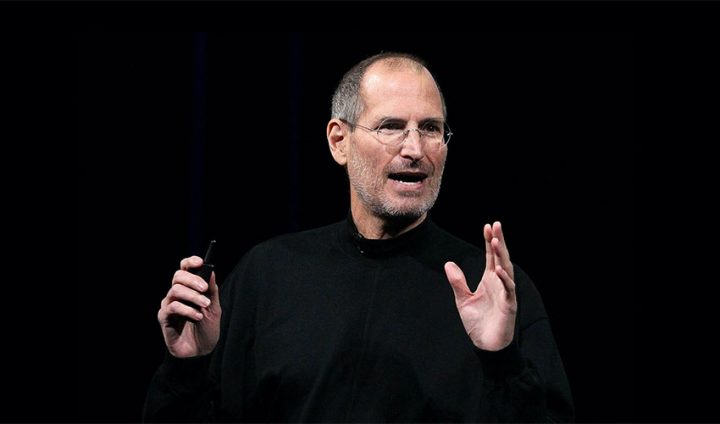1
Under the bright lights, the movie “The Battle at Lake Changjin” is being shown in cinemas during the National Day holiday.
It’s hard not to associate this film, set against the backdrop of the Korean War, with the current Sino-US trade war.
However, why did the Sino-US trade conflict not happen earlier or later, but become acute now?
Many people say it’s because of the rise of the East and the decline of the West, and there’s not enough cake to go around.
So why was there enough cake to go around before?
Because before, the cake was always getting bigger together, but now the cake is not getting bigger.
2
On October 5, 2011, Steve Jobs passed away. We can’t guess what would have happened to the world if Jobs hadn’t left us so early.
But without a doubt, Steve Jobs almost single-handedly lifted the curtain on two eras: the PC era and the mobile internet era.
The Apple II, released in 1977, was Jobs’ first product to amaze the world. The success of this product also directly triggered IBM’s attention to PCs at the time. This allowed the entire world to enter the popularization era of the information revolution.
And when the iPhone was released in 2007, Jobs once again shocked the world. From then on, humanity entered the era of mobile internet.
Without Jobs, PCs and smartphones would eventually become popular products. But there is no doubt that Jobs brought these two eras forward.
Looking back, we don’t feel that coming early is important.
Until now.
When the cake is no longer getting bigger.
3
In the 1980s, Comrade Deng Xiaoping put forward the idea that “science and technology are the primary productive forces.” This is not only a significant theoretical development of Marxism but also a truly essential interpretation of the driving force behind global economic development over the past forty years.
PCs, the internet, and mobile internet are the technological drivers of global economic growth over the past 40 years.
But now, we are in an era where old and new technologies are not well connected.
Although new technologies such as artificial intelligence, blockchain, 3D printing, virtual reality, quantum computing, and gene technology all have a promising future.
But in reality, these new technologies have not yet achieved truly popular applications.
And the Apple II and iPhone are products that perfectly connect new technology with popular application scenarios.
Today, if these new technologies could also have products that land like the Apple II and iPhone, our world would restart its growth engine.
But in our time, there is no longer Steve Jobs.
It was only ten years later that we realized the importance of Steve Jobs.
4
Steve Jobs’ widow, Laurene Powell Jobs, once said: “What I learned from him is that we don’t have to accept the world we were born into as fixed and impermeable,” she said. “When you zoom in, it’s just atoms like us. They’re always moving. Through will, intention, and focused energy and power, we can actually change it. Get moving.”
Today is a new era, and we don’t need to lament the passing of a genius.
The best way to commemorate Steve Jobs is to use his methods to achieve a better future that he should have seen, would have liked to see, and could have seen.
This is actually an era far better than when Jobs was alive. We have more breakthroughs in technology. Each breakthrough can profoundly change the world.
What we have to do is change the world.
People are always worried that they don’t have the ability to change the world.
As someone who knew Jobs best, Laurene said: “All the systems in our society were created by people no smarter or more capable than any of you. Through your energy, intention and willpower, you can change them. But only if you understand them. Identify systemic failures and then imagine new structures.”

